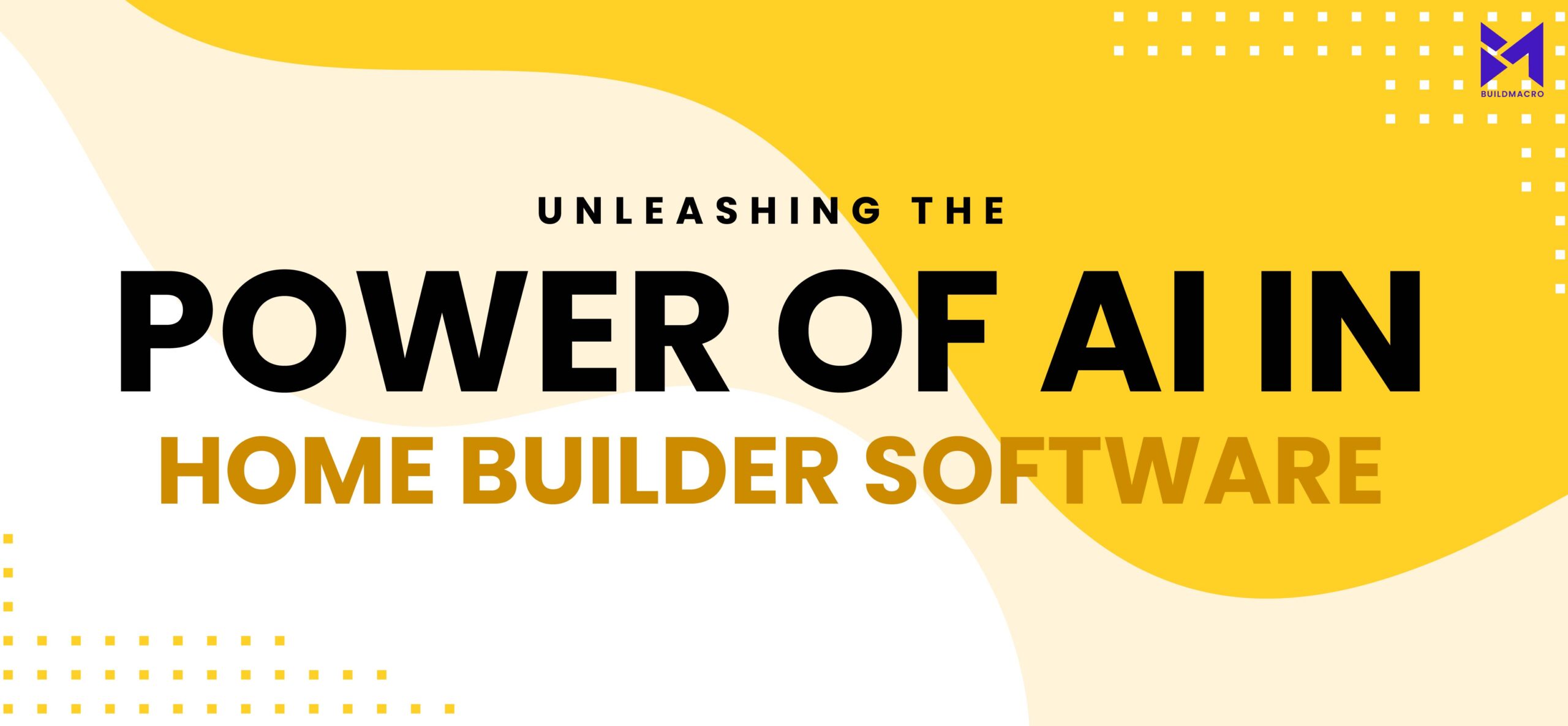In today’s rapidly advancing technological landscape, artificial intelligence (AI) has emerged as a transformative force across various industries. One such sector that has embraced the potential of AI is home construction. By leveraging the power of AI, home builder software is revolutionizing the way houses are designed, constructed, and customized. This article explores how AI is reshaping the home building industry and unleashing new possibilities from blueprint to reality.
- Design and Planning:
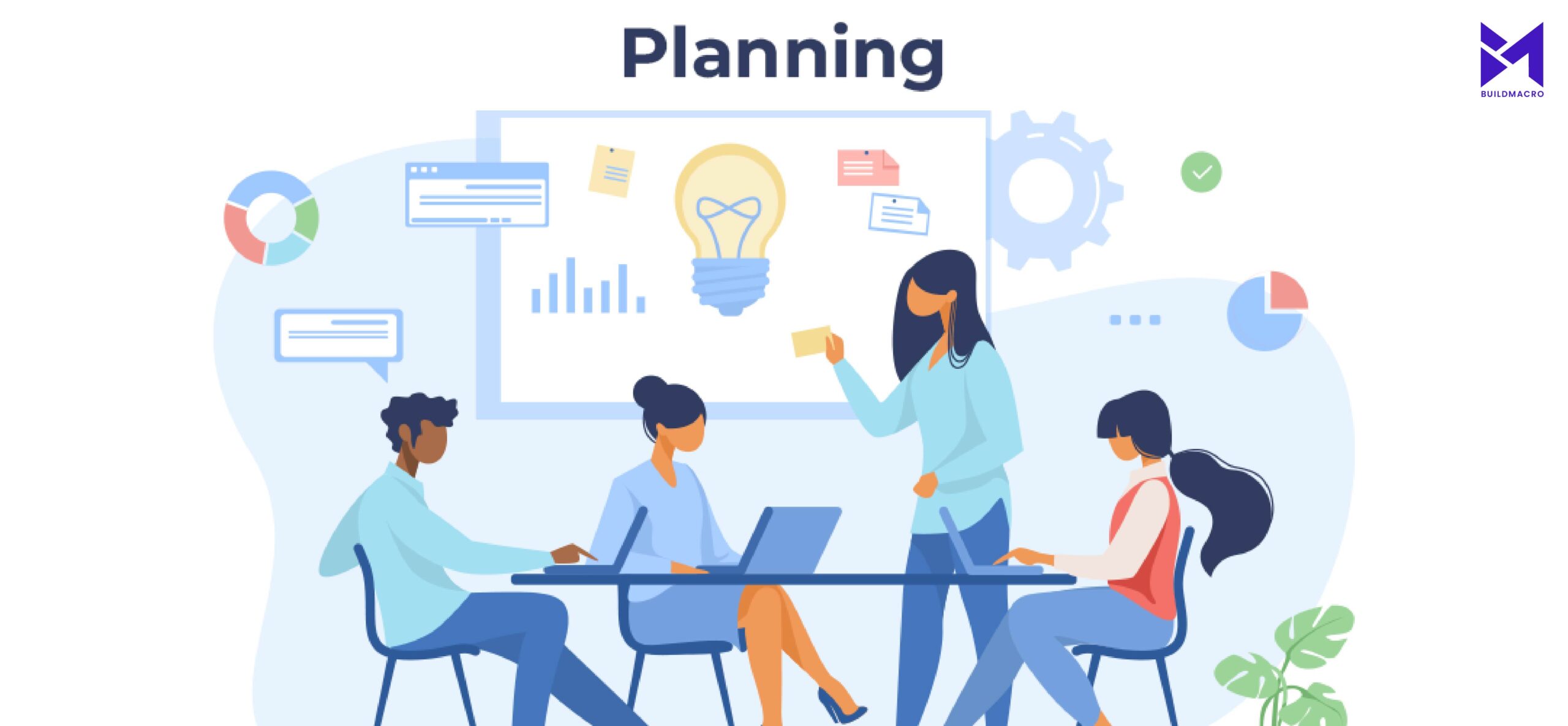
AI-driven home builder software streamlines the design and planning phase, enabling architects, engineers, and designers to create more efficient and innovative structures. By analyzing vast amounts of data and leveraging machine learning algorithms, AI can assist in generating optimized floor plans, estimating material requirements, and simulating structural integrity. This not only expedites the design process but also enhances accuracy and cost-effectiveness. - Virtual Reality (VR) and Augmented Reality (AR) Integration:
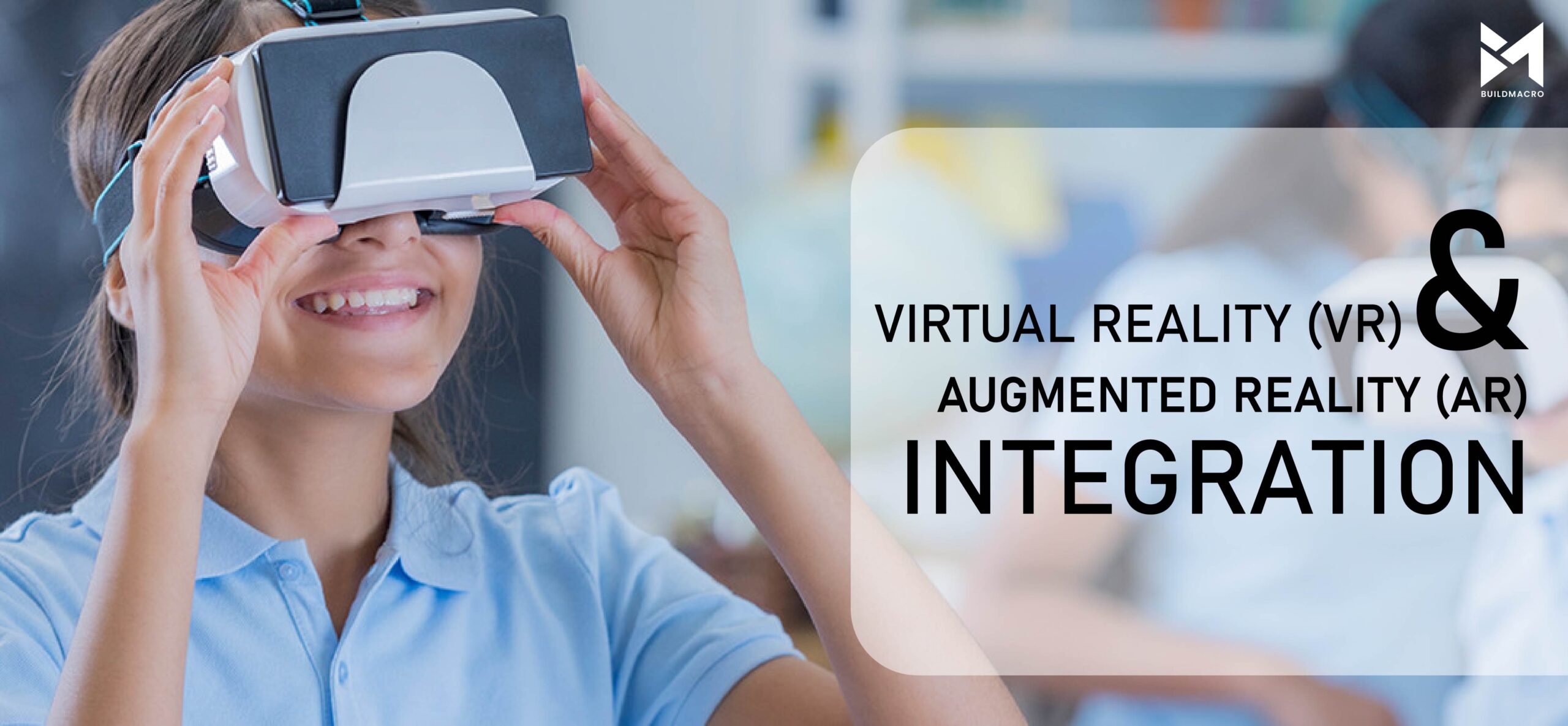
Integrating AI with VR and AR technologies allows stakeholders to visualize and experience the planned construction virtually. AI-powered software can generate realistic 3D renderings and walkthroughs, providing clients with an immersive understanding of their future homes. This interactive experience enables them to make informed decisions regarding layout, finishes, and customization options, leading to increased customer satisfaction and reduced change orders during construction. - Intelligent Project Management:
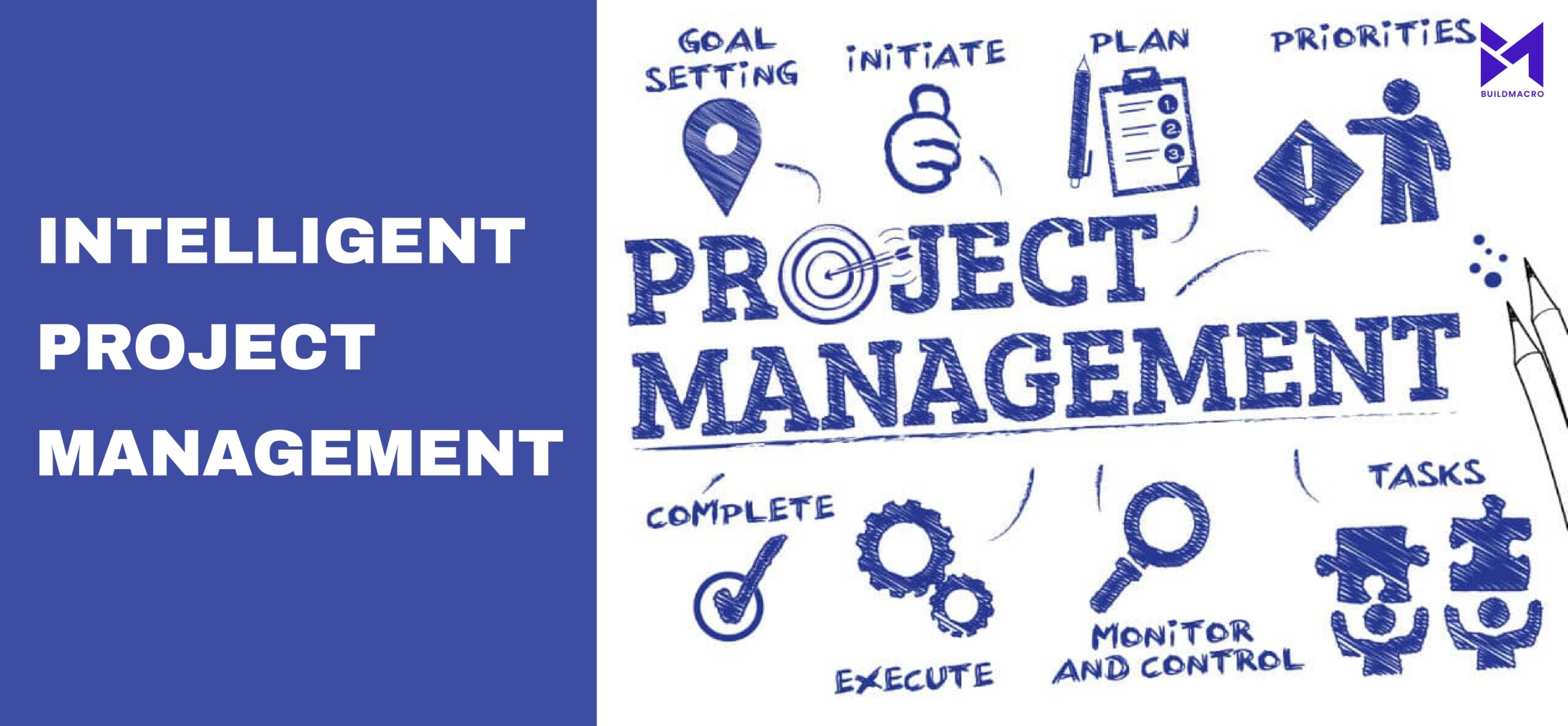
AI empowers home builder software with intelligent project management capabilities. By analyzing historical project data, AI algorithms can predict timelines, identify potential bottlenecks, and optimize resource allocation. Machine learning models can learn from past projects, adapt to new scenarios, and make data-driven recommendations to enhance construction efficiency. This AI-driven project management approach minimizes delays, improves coordination, and ensures better cost control throughout the construction process. - Automation and Robotics:
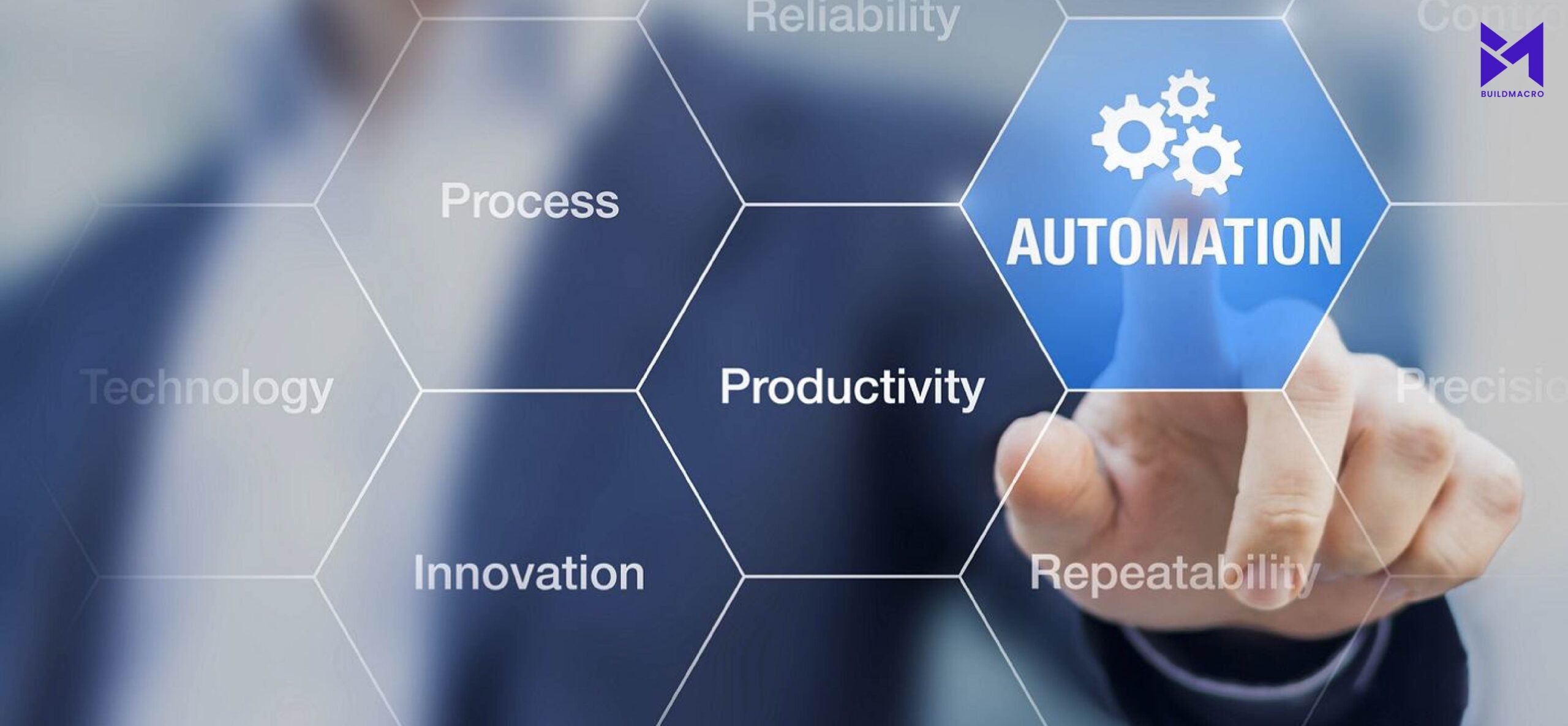
AI-driven home builder software leverages automation and robotics to streamline various construction tasks. Robotic systems can assist in repetitive and labor-intensive activities, such as bricklaying, concrete pouring, and material handling. AI algorithms can analyze real-time data from sensors and cameras to ensure precise execution, improve safety, and reduce construction errors. By automating certain aspects of construction, AI contributes to increased productivity, reduced labor costs, and shorter project timelines.
The integration of AI into home builder software is transforming the way homes are designed, built, and maintained. From optimizing design and planning to leverage VR and AR technologies, AI empowers the construction industry with enhanced efficiency, accuracy, and customer satisfaction. By automating tasks, improving project management, and enabling predictive maintenance, AI streamlines operations and reduces costs. As AI continues to evolve, the potential for innovation in home builder software is immense, promising a future where the power of AI turns blueprints into remarkable realities.
